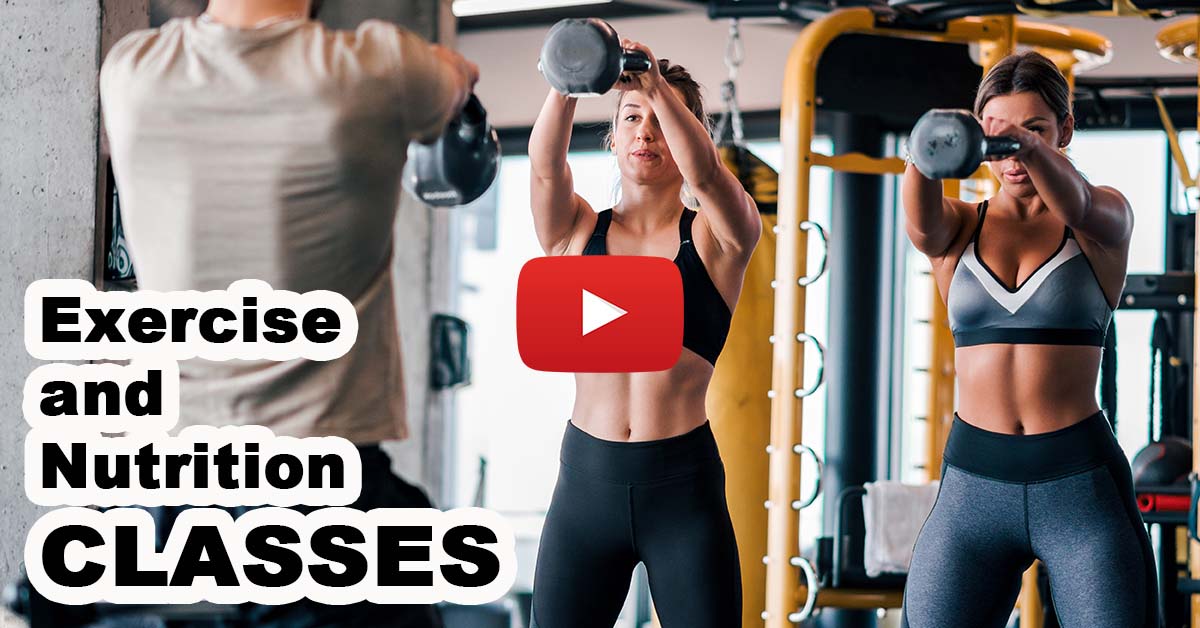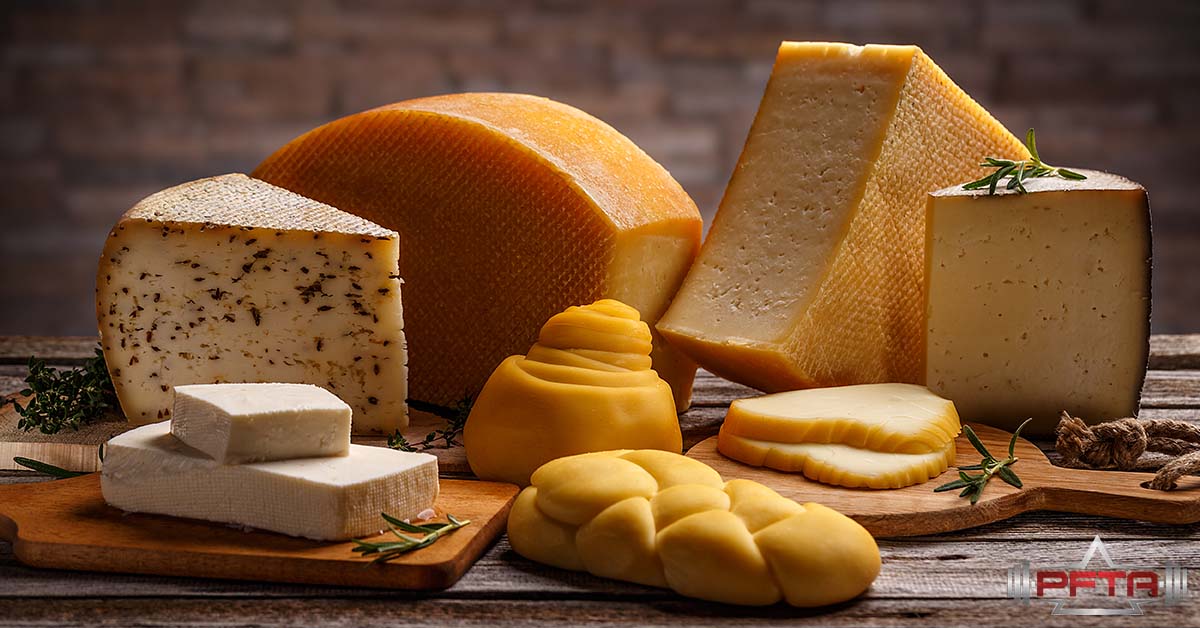The Health Benefits of Cheese
Do you love cheese? This delicious food is filled with many nutrients that will do your body good. In this article, we will talk about protein, calcium, zinc, and all the good fats in cheese. We'll also discuss the stress-reducing factors of cheese. Keep reading to learning more about the delicious food you already love...CHEESE!
Protein
First and foremost, let's talk about protein. Cheese is what we call a complete protein. Complete proteins are those proteins that contain all the amino acids. High quality, complete proteins are great for building muscles among other things. In fact, Kirby (2001) states that a 1 oz cube of most cheeses will provide 6 to 8 grams of high quality protein. We all know protein is important to build a strong body; but, now you know cheese can be one of those proteins! Do you know how much protein you need? Click this link to read more about Your Protein Requirements. Or if you prefer, you can watch a video about estimating your macros by clicking the image below.

Free Classes
And if you're looking for more info on protein, carbs, fats, and meal planning, give our FREE classes a try. PFTA classes are an affordable way to learn more about exercise and nutrition. Click the button to sample one or two of our classes.

Calcium
Furthermore, when people say CHEESE, they are usually thinking of two things: selfies and a great source of calcium! In fact, Tufts University concluded that the harder the cheese, the more calcium it tends to have. Some of the harder cheeses that have more calcium include Swiss, cheddar, and Muenster. But don't worry, even the softer cheeses like Parmesan can add great flavor and a little bit of calcium to your bones. So keep adding cheese to your meals! Your bones and teeth will thank you for it.
Personal Training
And if you need help making stronger muscles and stronger bones, contact a PFTA certified personal trainer like the one below. We can help with exercise, nutrition, and more...

Fat
Ahh the dreaded F word. You probably could have guessed that delicious cheese has some fat in it. Most great tasting foods have fat and/or sugar in them. There are some people, and even some countries, that recommend eating reduced fat cheese over regular fat cheese to promote better cholesterol. Does eating reduced fat cheese help your lipid profiles? A study by Raziani et al. (2016) showed that diets in reduced fat cheese did NOT show any improvements over diets with regular fat cheese. So choose your favorite cheese, whether it is regular fat cheese or reduced fat cheese. Either way you can't go wrong. Cheese contains good fat, which is very important to increase cell function, improve hormone productivity, and important for brain function!

Queso
What the heck is a queso? Well, queso is Spanish for cheese. I think most people believe queso means a bowl of melted cheese with tortilla chips but that's OK, as long as you're eating cheese! And you can make your bowl of queso even more nutritious by adding tomatoes, onions, peppers, etc. Now that you know all the health benefits of queso, you can feel less guilty the next time you order yourself a bowl. But I must add, with queso as with most high fat foods, portion control is the key. Better make that a cup of queso unless you're planning on sharing your bowl!

PFTA Schools
We hope you are enjoying the article and the videos. If you want more info on exercise and nutrition classes, OR, if you'd like to buy a book or t-shirt, click the button below.
Sodium
Yikes...sodium. Salt gives food flavor but unfortunately, too much salt can cause high blood pressure. If you have high blood pressure, or you are borderline high, you may want to skip the queso or find yourself some low sodium cheese. There has been some good studies on low sodium cheeses including one from Bansal et al. (2012) who concluded that low sodium cheeses may be as safe, and may taste as good as regular cheeses. Find yourself a good low sodium cheese so you can add flavor, protein, and calcium to your already healthy meal.

Stress
In addition to being a healthy food, cheese is currently being studied for it's stress reduction qualities. The stress reduction may be coming from the protein tryptophan, which will relax your state of mind. The protein tyrosine may also be a stress reducing friend of your body. Maybe it's the taste...maybe it's the magnesium...we're not sure what it is, but cheese has been observed to reduce panic and anxiety attacks. If you like cheese, then you're also going to love the stress-reducing properties in cheese. Bonus: cheese also goes great with wine. Click this link to read more about the health benefits of wine.

Zinc
And finally, some varieties of cheese are rich in zinc. Zinc plays an important role in keeping your muscles strong, AND zinc also keeps your immune system strong. Click this link to read more about keeping your immune system strong.
Knowledge is Power
And if you want more tips on exercise and nutrition, add your email below. You'll receive weekly tips directly to your inbox. Plus, you'll also receive the occasional coupon code for our classes.
Summary
Cheese, cheese, cheese. Hopefully this article has shed some new light on the healthy attributes of cheese. Cheese can help build strong muscles and bones. Cheese can also help you reduce stress. Cheese also adds flavor to many healthy, delicious dishes. So whatever your reasons for choosing cheese, your body will be glad you did! So next time, don't just say "cheese" for your selfie, say "cheese" to a snack! Happy health and happy training!
Written By
RAEscobar, PFTA instructor and personal trainer
Sources:
Bansal, Venus, and Santosh Kumar Mishra. “Reduced‐sodium Cheeses: Implications of Reducing Sodium Chloride on Cheese Quality and Safety.” Comprehensive Reviews in Food Science and Food Safety, vol. 19, no. 2, Jan. 2020, pp. 733–758.
Conkey, Lauren. “Say Cheese!” Dance Spirit, vol. 17, no. 6, July 2013, pp. 44–47.
Feder, David. “CHEESE ON TOP: Cheese Has a Solid Place in Today’s Health and Diet Trends.” Prepared Foods, vol. 188, no. 9, Sept. 2019, p. 30.
Kirby, Jane. “Cheese Course.” Real Simple, vol. 2, no. 8, Oct. 2001, p. 110.
Raziani, Farinaz, et al. “High Intake of Regular-Fat Cheese Compared with Reduced-Fat Cheese Does Not Affect LDL Cholesterol or Risk Markers of the Metabolic Syndrome: A Randomized Controlled Trial.” American Journal of Clinical Nutrition, vol. 104, no. 4, Jan. 2016, pp. 973–981.
“Which Cheese Is the Best Source of Calcium?” Tufts University Health and Nutrition Letter, vol. 22, no. 5, July 2004, p. 7.